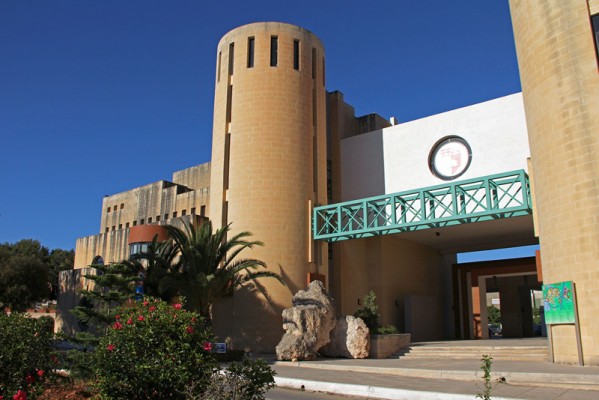
The Seismic Monitoring and Research Group (SMRG) within the Department of Geosciences at the University of Malta requires the services of a Research Support Officer to work on projects and activities conducted by the group. The position requires the successful applicant to:
- contribute actively towards the operation and maintenance of the Malta Seismic Network and Virtual Mediterranean Regional Network and ensure continuous data transmission with least interruption possible
- perform regular seismic data processing such as earthquake location and analysis, compilation of a regular seismic bulletin and back-up and archiving of data, and contribute to the SMRG website and database;
- be an active participant in new research projects embarked on by the SMRG, particularly a temporary dense seismic network experiment planned for 2016;
- assist in the continuous operation of the SMRG, and be updated with hardware, software and networking developments;
- undertake any necessary training abroad;
- provide assistance with student research projects and field work;
The SMRG operates the Malta Seismic Network, consisting of three broadband seismic stations on Malta and Gozo, as well as a Virtual Mediterranean Regional Network based on the SeiscomP protocol. The network is a real-time contributor to the Virtual European Broadband Seismic Network (VEBSN) and other global networks. The main functions and research interests of the SMRG are the continuous monitoring, mapping and analysis of seismicity in the Central Mediterranean, with particular emphasis on aspects of seismic hazard and seismic risk to the Maltese Islands; seismic site response and earthquake ground motion modelling; the study of crustal structure and tectonics of the Central Mediterranean, and development of improved systems for rapid and accurate epicentre locations. The SMRG provides the first contact with the media as regards earthquake reporting and information.
The ideal candidate should:
- hold a Masters degree or a PhD degree, preferably in an area of geophysics, with a good mathematics and physics background, and ideally have some research experience in seismology.
- ideally be familiar with the European seismological networking community; knowledge of
SeisComp will be considered an asset - have a good familiarity with LINUX;
- be able to work both independently and as a member of a team;
- be prepared to carry out fieldwork and station maintenance;
- have good communication skills, both oral and written (a good command of the English
Language is essential);
This post is for a fixed term contract of two years.
Candidates should submit their letter of application, a copy of their curriculum vitae and a
scanned copy of their certificates. Applications must be sent by e-mail to
projects.hrmd@um.edu.mt and should be received by not later than noon of Thursday 3rd
Decemeber 2015.
For more details about the vacancy visit this page.
For more information visit http://www.um.edu.mt/hrmd/vacancies.
